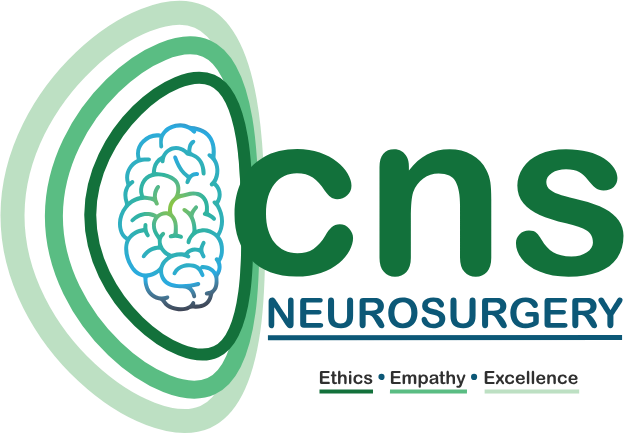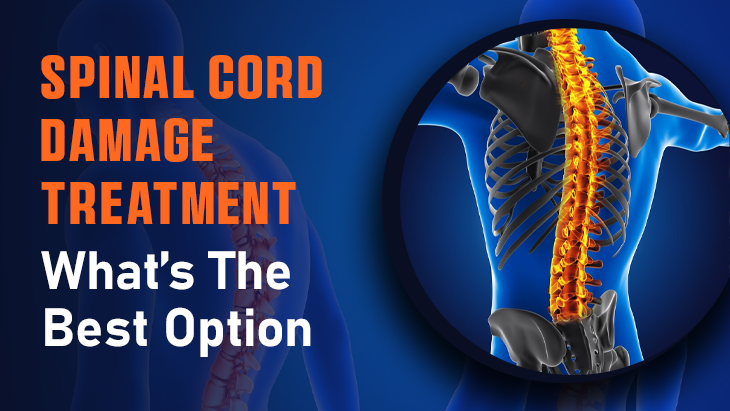Spinal cord injury is a serious medical condition and can result in partial or complete loss of function below the injury level. Either disease, trauma, or degenerative conditions can lead to spinal cord injury. Spinal cord injury significantly affects an individual’s mobility, sensation, and quality of life. Advances in medical science have developed different treatment modalities that promote recovery and enhance functionality. Still, the choice between the best depends on the injury’s intensity, the patient’s overall health, and the particular spinal cord treatment’s availability.
Understanding Spinal Cord Damage
The spinal cord is a critical central nervous system that allows the brain to interact with the rest of the body. Damage to the spinal cord can interfere with communication, leading to sensory and motor impairments.
Types of Spinal Cord Injuries (SCI)
- Complete SCI: Complete loss of sensation and motor function below the level of injury.
- Incomplete SCI: The partial loss of function, during which some nerve impulses continue through the injury.
Common Causes of Spinal Cord Damage
- Trauma: Accidents, falls, sports trauma, or assault.
- Diseases: Multiple sclerosis, infection, tumours.
- Degenerative Conditions: Spinal stenosis or herniated discs.
Treatment Options for Spinal Cord Damage
1. Emergency and Acute Care
Prompt medical intervention is essential in reducing further injury. Treatments include:
- Immobilization: Applying braces or collars to avoid further injury.
- Medications: Corticosteroids (e.g., methylprednisolone) in high doses to decrease inflammation.
- Surgery: Decompression and stabilization surgery to prevent further spinal injury.
2. Rehabilitation Therapy
Rehabilitation is a key part of the recovery process from spinal cord injury, with the goal of restoring as much function as possible.
- Physical Therapy: Muscle strengthening, coordination improvement.
- Occupational Therapy: Facilitating independence with daily activities.
- Speech Therapy: For individuals with injuries that impair speaking or swallowing.
3. Regenerative Medicine and Emerging Treatments
New treatments are promising to repair the spinal cord:
- Stem Cell Therapy: Studies have found stem cells to regenerate nerve tissue and potentially restore function.
- Neurostimulation Devices: Spinal cord stimulators can alleviate pain and even aid movement.
- Exoskeletons and Robotics: Robotic assist devices enable paraplegic patients to regain mobility.
4. Medications for Symptom Management
Spinal cord injury tends to result in secondary complications like pain, muscle spasms, and bladder dysfunction. Medications that assist are:
- Pain Relievers: NSAIDs opioids in severe situations.
- Muscle Relaxants: Baclofen or tizanidine to limit spasticity.
- Bladder and Bowel Management Drugs: To control incontinence.
5. Surgical Interventions
For some conditions, surgery can enhance outcomes:
- Decompression Surgery: Removing bone chips or herniated discs compressing the spinal cord.
- Spinal Fusion: Fusing the spine with rods and screws.
- Nerve Grafting: Experimental methods to restore severed nerves.
Emerging Therapies and Future Prospects
With continued studies, treatments such as gene therapy, nerve repair, and brain-computer interfaces (BCIs) are gaining ground. Scientists are developing procedures for regenerating spinal cord tissue using genetic technology and biomaterials.
Choosing the Best Treatment Option
Dependence of the ideal treatment on several issues, including:
- Severity of Injury: Complete injuries or incomplete ones.
- Age and Medical Condition: Younger patients may exhibit better potential for recovery.
- Access to Advanced Therapies: Certain treatments are accessible only in specialized units.
Conclusion
Although spinal cord injury is still a difficult condition to cure, advances in medical science provide promise for improved recovery. From initial emergency treatment to rehabilitation, surgery, and innovative regenerative medicine, several treatment modalities seek to restore function and enhance quality of life. A multidisciplinary medical consultation is important in deciding on the best treatment plan specific to the patient.
If you or your loved one is suffering from spinal cord injury, it is best to consult with an expert. Dr. Chirag Solanki, the best neurosurgeon in Ahmedabad, is experienced in state-of-the-art treatments for spinal cord injuries. Book an appointment today to learn more about the finest course of treatment for your case and begin your journey toward healing.

